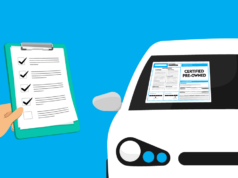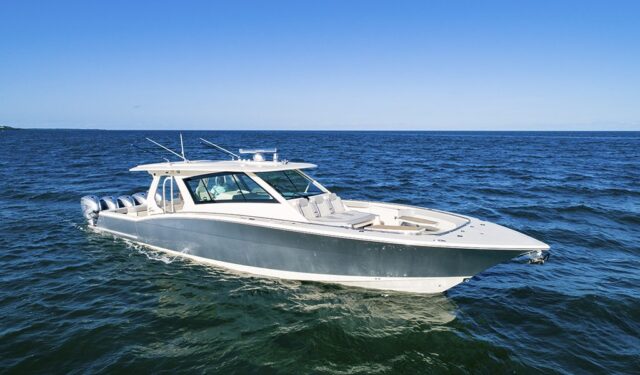
Owning a boat is one of the many luxuries life can offer as you can use it to have a getaway with your friends or family. You can go fishing or spend time on the water anytime. Alternatively, you can also rent it out if you’re not using it and earn an extra buck while you’re at it.
With its many benefits, you must know a few things before you go and shop one. It’s not only about your budget; but you should also be aware of boat licensing, the type of boat you should have, and personally inspecting your prospective boat. These are essential to ensure you buy the right one so you won’t regret your choice in the future. To elaborate more on this, here are some things you should know before buying a boat:
1. Understand Your State’s Boating License Procedures
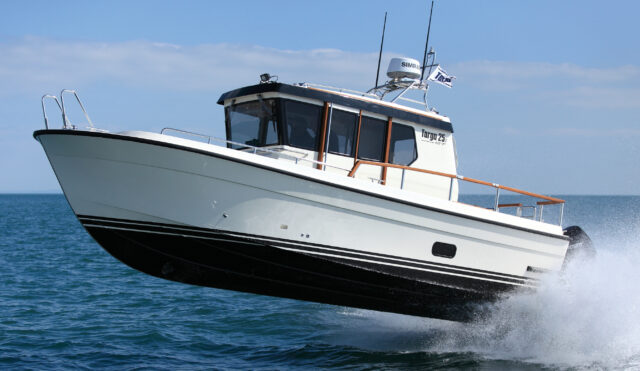
Although each state may have different licensing requirements, one thing’s for sure—a boating license is required if you want to buy or operate one. Most states also call boating licenses boating safety and education certificates.
According to Boatsmart, learning boating should be fun to help you keep the knowledge you need to operate a boat safely. In some states like Ohio, you can get a boating license through a reputable online course provider that provides everything you need to pass the test.
In these courses, especially in the State of Ohio, you have to pass a boat license test before getting an Ohio boaters license and completing the course. You need a boating license because Ohio law states that you have to carry such a license before operating a boat over 10 HP.
As mentioned, you have to take a course from reputable online providers or a boating school to ensure that you get standardized education for boating safety under the State of Ohio’s laws and regulations. By the end of the period, you should then be able to understand the various boating laws and safety precautions you need while navigating a vessel.
Thus, it may be best to take a licensing test before buying a boat to familiarize yourself with the features of vessels you need to have. Most importantly, it’ll help you when testing out a prospective boat which will be discussed further in this article.
2. Type Of Boat You Need
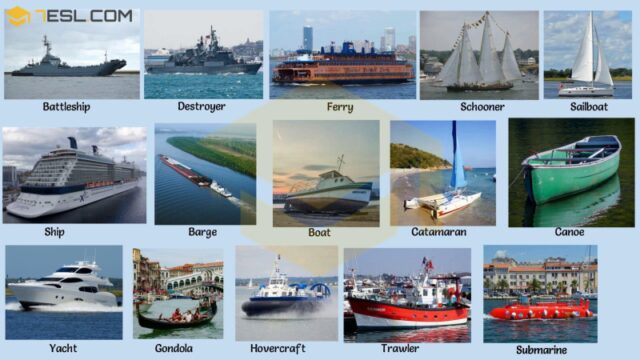
The next is to know which type of boat you need. Although boats sold cheap may be enticing, they may not be suitable for your preferences. The boat you should buy is the one that you can use, whether for leisure or business. Check boats for sale and see which one fits your needs the best.
There are various types of boats depending on the water activities in which you’ll be engaging. To know if the boat is within your needs and preferences, you can use the following questions as a checklist:
- Do you plan to wakeboard or water-ski?
- Are you planning to use it for overnight activities?
- Will you use your boat to entertain guests?
- Will you be using a trailer?
Consider all these questions to buy a boat with the features that can cater to such. For instance, if you want to lessen your winter storage or dockage expenses, you may want to buy a trailer boat. Or if you’re planning to host parties on your boat, you may need a bigger size like a yacht to accommodate guests. Unless you only use the boat to watch the sunset with your family, then a smaller one may be enough.3.
3. Total Cost Of Owning A Boat
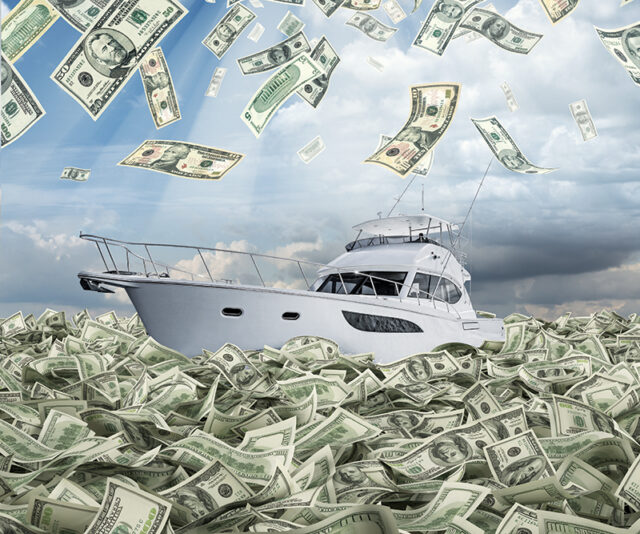
Another consideration is the total cost of owning a boat. This doesn’t only cover the total amount of buying one; but this also consists of insurance, maintenance, fuel, and other operational costs. If you choose BoatLoansFinance to finance the purchase of your boat, you’ve made a good start but now you have to organise the rest. Thus, you must ensure you have enough funds to spend on the ongoing costs of your boat. Buying a boat may be a waste if you can’t afford its maintenance and insurance costs. To elaborate on the expenses you may incur while owning a boat, here are some of them:
Licensing Fees: Although this may not be too expensive, you need to spare some dollars to take a course.
Storage Costs: As mentioned, you may have to spend on storage or dockage if you don’t have one. Depending on your storage needs, you may have to spend on monthly or seasonal fees. These fees may be based on your boat’s size, indoor or outdoor storage, and other considerations. But if you choose a trailer boat, you may not need to spend on this fee, especially if you have a garage or storage room.
Marina Fees: Although you may choose to leave your boat at a marina, especially if you’ll be using the boat more often, you’ll still have to pay for marina fees. This may also depend on your boat’s size, length of keeping your boat there, and other services you may need like overall boat cleaning.
Maintenance Costs: Just like cars, your vessel requires regular checkups or maintenance to keep it shipshape. This includes waxing, painting, engine tune-ups, and routine maintenance. Although it may be expensive, you need it to ensure that the boat will operate at its best.
4. Inspect The Boats
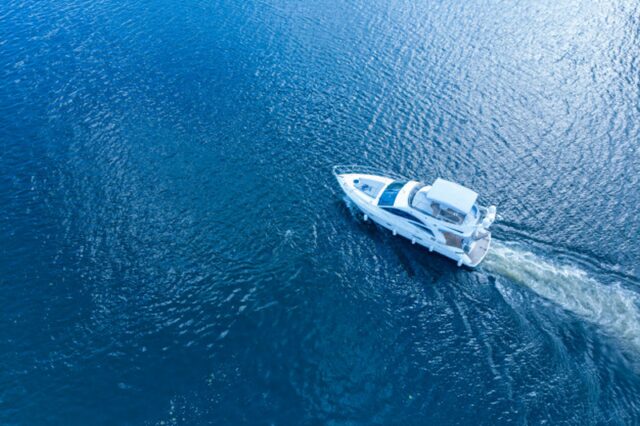
Part of the boat-selecting process is inspecting the boat before deciding to sign that contract. Check the boat’s fuel tank, electrical systems, steering system, bilge, propeller, and engine. That way, you’ll know if the vessel is fit for your boating needs.
Moreover, it would help if you also asked for a professional marine surveyor to inspect the boat. By doing so, you can check that the boat’s in tip-top condition because the surveyor will inspect the boat’s top to bottom.
Lastly, don’t forget to take the boat on a sea trial or what you call a ‘test drive’ for cars. By doing this, you’ll check whether the horsepower can fit the bill in the long term. You must also check whether it can handle many people, so test drive with your family or friends present and not only two people on the boat.
5. Get Insurance
When you have decided on what type of boat to buy, don’t forget to get a boat owner’s insurance. That way, you can protect your vessel from potential damages. However, just like any insurance policy, boat insurance can come in various types and coverages. You may have to consider the amount of liability coverage, how you’ll use the boat, and your vessel’s size or type. If you have equipment or accessories onboard, your insurance should also cover that. Thus, you may have to check out insurance costs from various institutions to get the best deal and make sure you get your new boat protected.
Conclusion
Buying a boat is similar to buying property or a car—you need to do your due diligence, research what you want, and calculate how much you’ll pay, including insurance. That way, you can buy the best boat that’ll fit your needs and preferences. The tips mentioned in this article will also help you prepare yourself with the proper knowledge instead of impulsively buying the first boat that pops in your search engine or local ads.





